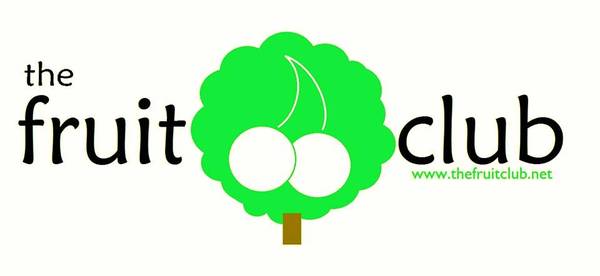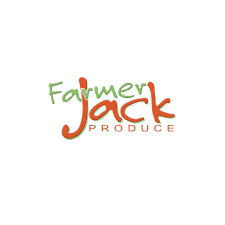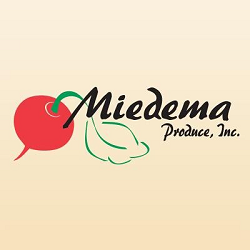Before I get to my point, I want to make this clear: I don’t agree with the Environmental Working Group’s “Shopper’s Guide to Pesticides in Produce,” also known as the “Dirty Dozen” and “Clean 15.”
That said, and I hate to say this, but retailers can’t brush it off.
It’s something we have to acknowledge for its power to control consumer perception of produce, and consumer entry into organic produce. The No. 1 question I get from consumers about organic produce is related to what I think, in my professional produce person opinion, they should buy.
It’s hard to answer because I believe all produce is good produce. All produce is better for you than cookies and crackers and processed empty calories.
But, people want to know, so they’re seeking information. And the No. 1 thing that pops up on a Google search is usually this “Dirty Dozen” guide. It’s got a great name. It sounds science-y and researched, and, best of all, it’s giving consumers the answers they want.
In fact, a quick write-up I posted about last year’s Dirty Dozen is the No. 1 clicked article on ProduceRetailer.com almost every day. All of that traffic comes from Google, and when I posted the 2018 list, I didn’t see much of a decline in last year’s list. Instead, traffic doubled. Everyone’s clicking on this year’s too.
Why does this matter to produce retailers? Consumers come into their stores with this list – it’s actually optimized to cut out and keep in a wallet, by the way – looking for these 12 organic items.
Do you have them?
It’s not stone fruit season right now but when that does ramp up, do you have organic stone fruit and cherries? If you don’t, that consumer MIGHT go to another store.
But, the more discouraging option is that the consumer will just cross strawberries, or spinach or potatoes off their list entirely because convinced these items are not only “dirty” but somehow dangerous for their families.
As an advocate for fresh produce consumption, I don’t want us to lose that sale, and that consumer.
But that’s short term thinking. In the long term, we have to find a way to debunk this thing entirely. We can’t just sit back and hope it goes away, because it won’t.
We can talk about the science. We can share facts, but let me tell you, it’s an uphill battle. I shared my opinion on some food and family groups on Facebook and a healthy percentage of comments I got were negative, anti-science, anti-facts and anti-government.
The Alliance for Food and Farming does a great job with giving us tools and information to help put the Dirty Dozen’s claims into perspective, and I encourage you to use those numbers when you’re talking to consumers.
Keep fighting. Produce needs us.














